“There must be a place where the heart has no more chains”. Happy birthday, Lucio Dalla! He dedicated a song to his birthday Lucio Dalla.
His disappearance has taken place, the 1 March of 2012
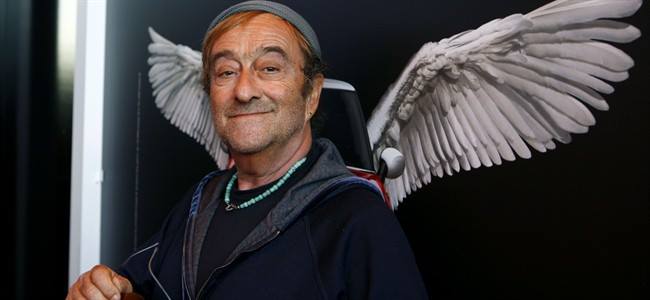

The Maestro, author of more than 500 music for films, including Le Bon, the bad and the ugly, Once upon a time in the West, or the Clan of the Sicilians, has received a standing ovation on the part of all the stars gathered at the Dolby Theatre. Tears in the eyes, He paid tribute to John Williams, who also competed for the music of Star Wars, as well as his friend Quentin Tarantino. An ample reward for those who had already received an honorary Oscar 2007 to reward all of his career.
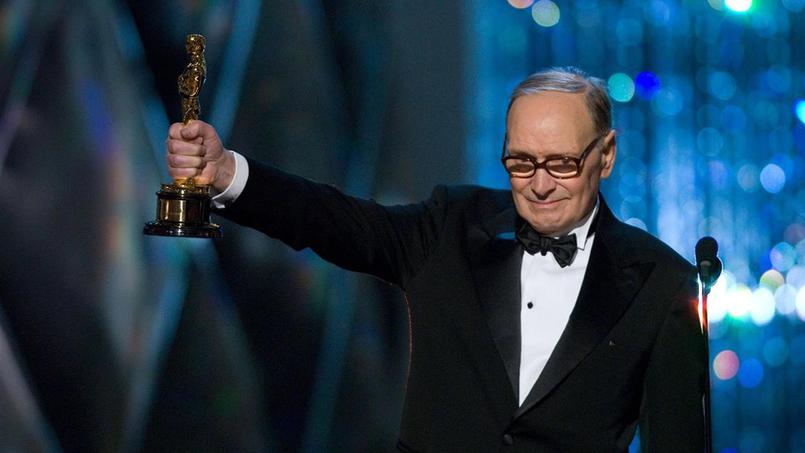
During the Oscar Awards be catalogued 2016, the award for best original soundtrack was assigned to the Italian composer Ennio Morricone for The Hateful Eight by Quentin Tarantino.La award ceremony was held at Dolby Theatre in Los Angeles on Sunday 28 February and that received by Morricone is his first Oscar. Morricone has 87 years and is the oldest person ever to win an Oscar for best soundtrack: was the favorite after winning this year also the Golden Globe and the BAFTA Award. The other candidates for the award were John Williams for Star Wars: the awakening of the force, Thomas Neuman for the soundtrack of the bridge of spies, Jóhann Jóhannsson for Hitman and Carter Burwell for Carol. At the time of the award ceremony, the entire audience of Dolby Theatre stood to applaud Morricone, He received the Oscar by producer and composer Quincy Jones 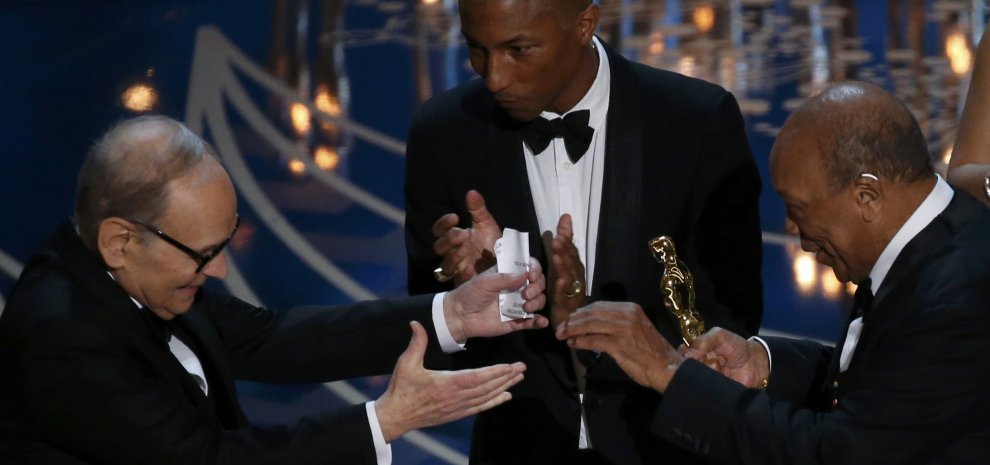
 Great Italian intellectual, the writer Umberto Eco, died on the night of Friday to Saturday at the age of 84 years, was an academic, linguist and philosopher who rose to global fame with a medieval and erudite thriller, The name of the rose .
Great Italian intellectual, the writer Umberto Eco, died on the night of Friday to Saturday at the age of 84 years, was an academic, linguist and philosopher who rose to global fame with a medieval and erudite thriller, The name of the rose .
This philosopher by training, celebrated on the later while approaching fifties, has managed a masterstroke with his first novel published in 1980, The name of the rose has sold several million copies and has been translated into 43 languages. It has been adapted for the cinema in 1986 by the French Jean-Jacques Annaud with Sean Connery in the role of Brother William of Baskerville, the ex-inquisiteur to investigate the death suspicious of a monk in an Abbey of the Italy North. Peppered with latin, the polar of this renowned with the affable roundness semiologist was even the target of pirate editions, including in Arabic under the title sex at the convent… Another consequence, significant for the Italian edition, “The name of the rose revived the novel in Italy and Italian literature abroad. The Italian authors have again been translated”, says critic and Italian novelist Alain Elkann.
After the name of the rose, He particularly offered its readers Foucault's pendulum (1988), The island of the day from front (1994) and the mysterious flame of Queen Loana (2004).
His latest novel, Number zero, published in 2014 is a contemporary thriller centered on the world of the press. He is also the author of dozens of trials involving also eclectic than medieval aesthetics, the poetics of Joyce, vegetable memory, James Bond, the art of the fake, the history of beauty or that of ugliness.
“Beauty lies within certain limits while the ugly is infinite, therefore more complex, more varied, more fun”, He explained in an interview in 2007, adding that he had “always had affection for monsters”. Claiming “write for fun”, It Professore – malicious eyes behind glasses and a white beard – was also a bibliophile and possessed more than 30 000 titles including rare editions. “Eco was a first class, very intelligent, very erudite. He played brilliantly the figure of the European intellectual. He is also comfortable in Paris and Berlin to New York or Rio”, considers Alain Elkann.
Iconic quotes by Umberto Eco:
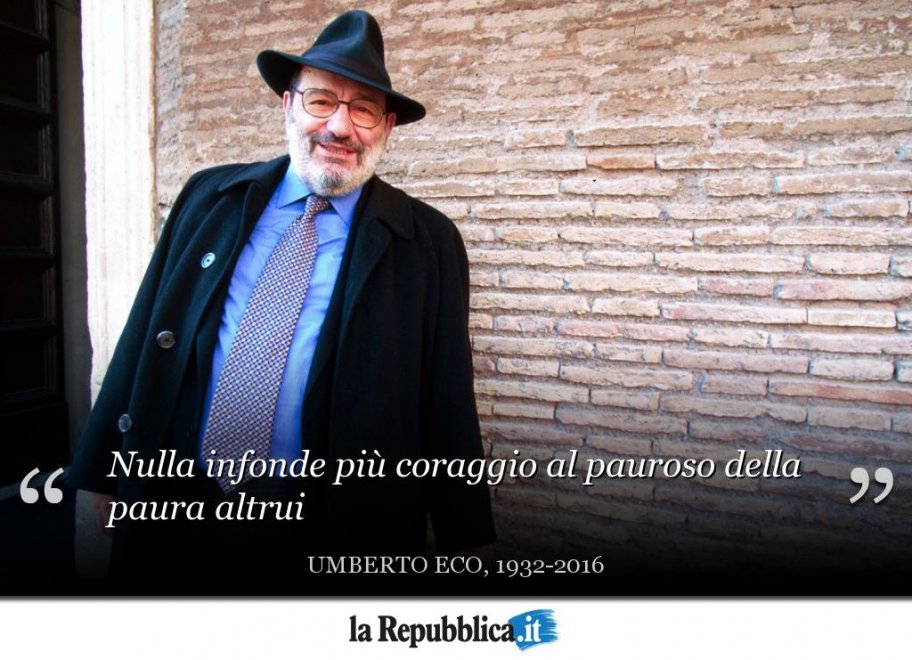
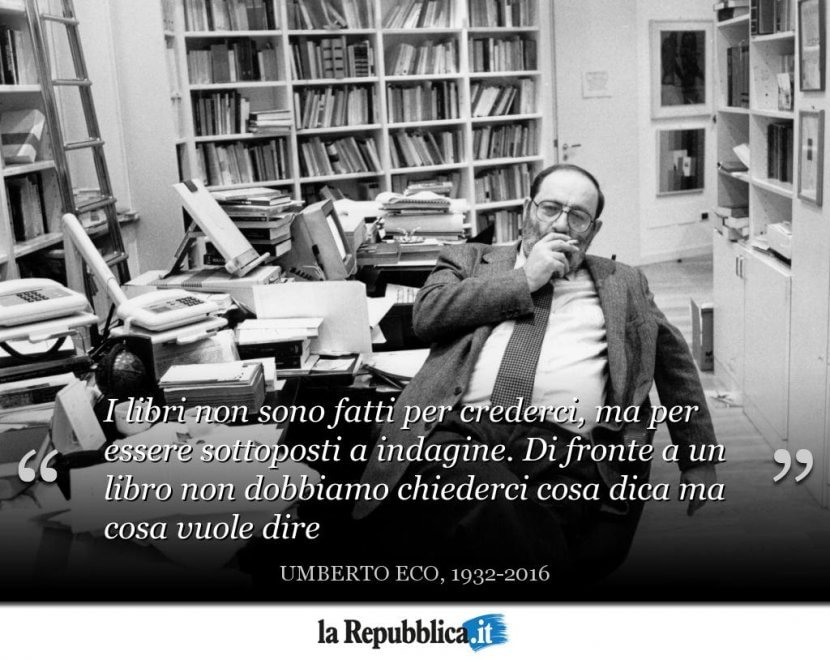
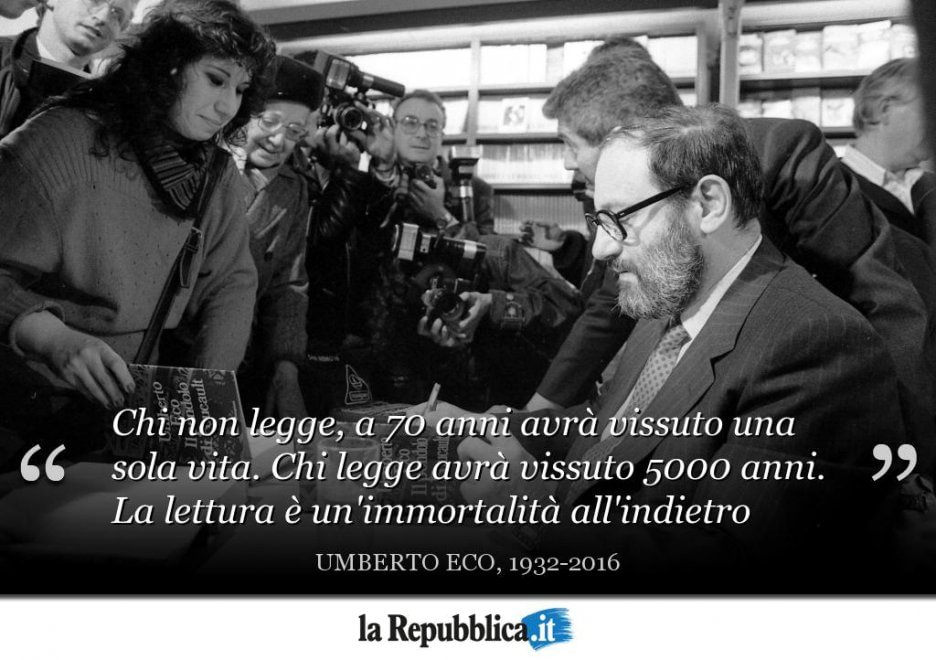
Had 84 years. AND’ was philosopher, semiologist and a great expert of communication. He never lost the desire to observe the policy. He had just launched a new publishing house “The ship of Theseus”, After refusing to stay in what he called “The Mondazzoli”, the fusion Mondadori-Rcs. AND’ was also time collaborator of La Repubblica and L'Espresso
The world loses one of its most important cultural figures contemporaries and all of us will miss his insight into the world. Had 84 years, It was writer, philosopher, great observer and expert on communication and media. The confirmation of the death of the author “The name of the rose” and de “Foucault's pendulum” was given by the family in the Republic.
The death occurred at 22.30 last night at his home.
Fabrizio De André is an Italian singer-songwriter, born in Genoa, the 18 February 1940 Milan the 11 January 1999.
Most of the texts of his songs tell the stories of excluded, rebels and prostitutes, and they were considered by most critics as authentic poetry, and included in the school anthologies of literature italienne1.
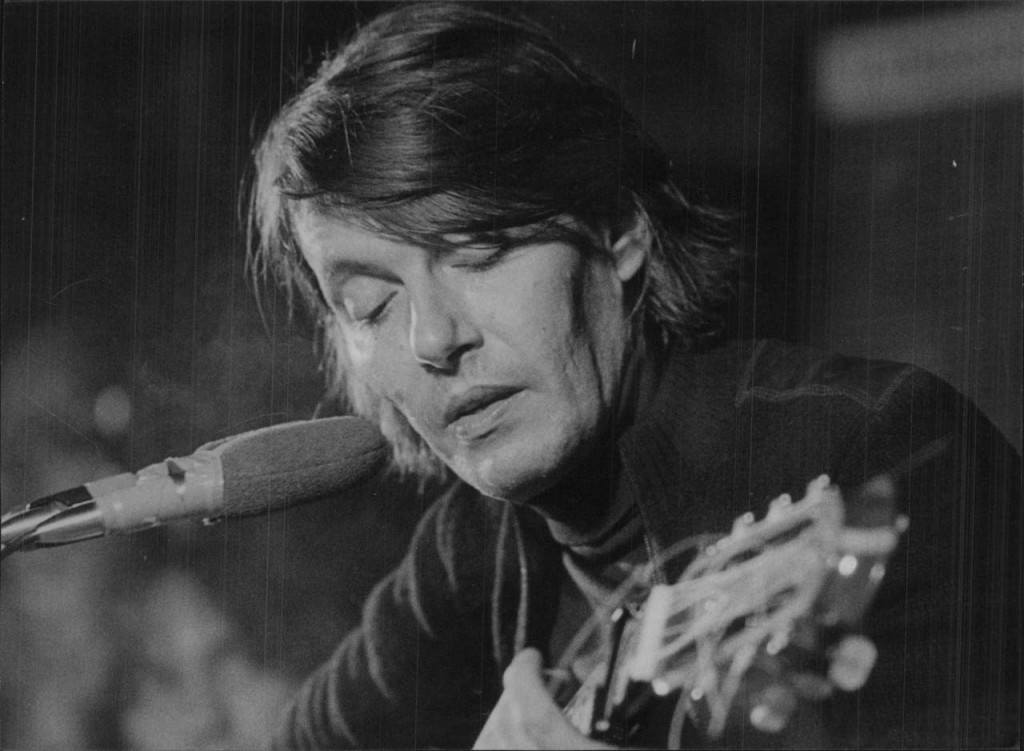
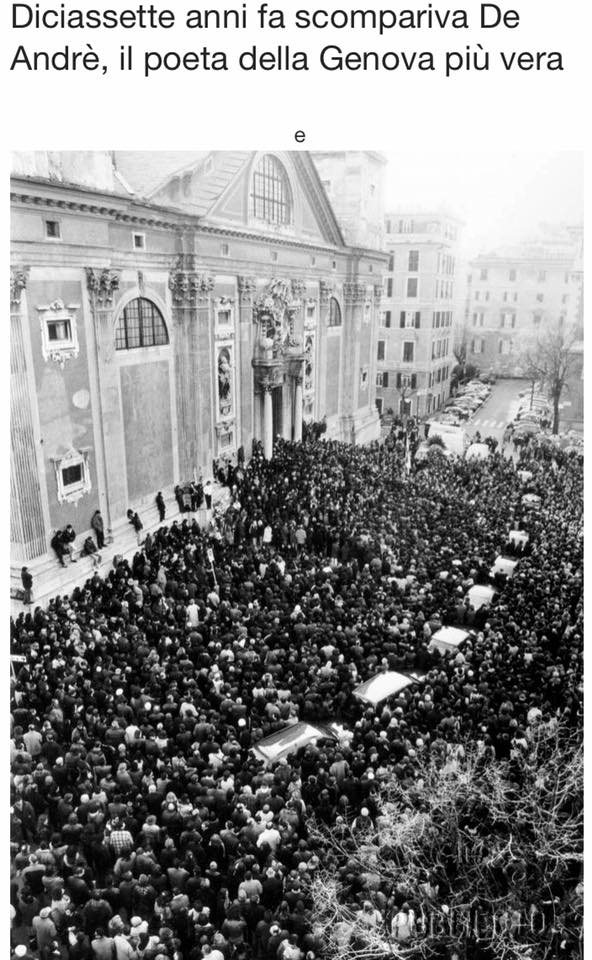
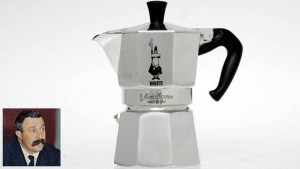
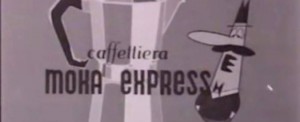
He died at 93 years in Ascona, in the Canton of Ticino. His caricature on coffee maker.
Goodbye to the most famous moustache Italian coffee: those of Renato Bialetti, the man who made the famous moka made in Italy. The entrepreneur brand of household of Omegna (in the Verbano) It was off in the night 93 years at his home in Ascona, in Canton Ticino, in Switzerland. Icona del made in Italy, He had created a real Empire in the postwar years thanks to a new type of marketing that linked to product quality also the image of the entrepreneur: his most famous moustaches were Italy, entered into the homes of children and adults with the Carousel. It was just his caricature in the little man with mustache, one who made famous the world Mocha. The idea had been cartoonist Paul Campani, inspired by the face of Renato Bialetti. Became a catchphrase that slogan ' Yes Yes Yes… sounds easy! (make a good coffee)!».
http://torino.repubblica.it/.../ex_proprietario_dell_omonima.../
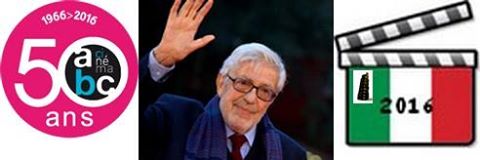
Soon for next evenings special Italian cinema to the pending our next festival ABC :
Friday 2 to Sunday 11 December 2016.
At your calendars !
A new mourning hits the world of the arts. Cinema who loses one of its most famous directors. Click on the tab “CULTURE”, then VIDEO, to view some excerpts from his best-known films.
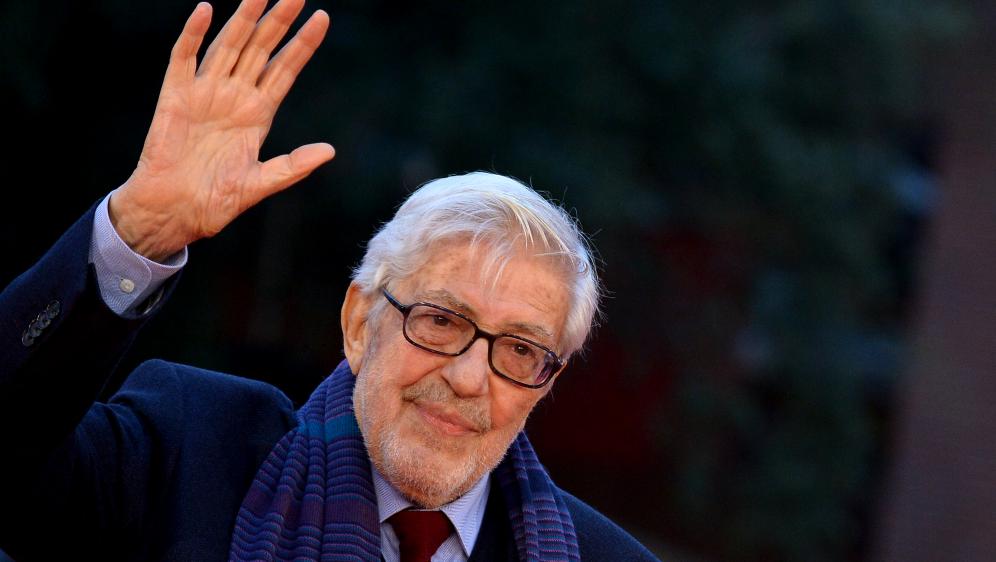
The cinema Italian loses one of its most iconic names. Director, writer and designer Ettore Scola is dead, reports the Italian press, Tuesday 19 January, citing hospital sources. Aged 84 years, He died in a hospital in Rome.
Born in 1931, He passed for one of the last great masters of Italian cinema, Director of masterpieces starring Marcello Mastroianni, Sophia Loren, Vittorio Gassman or Nino Manfredi. He had particularly signed We both loved (1974), A special day (1977) or Family (1987).
In forty years of career, the Director has staged nearly forty films. His style is known for his boldness and singularity.
He mixes acuity of psychological analysis, ferocious caricature of modern societies, irony, stuffing, disenchantment, melancholy and narrative and formal research unpublished. Repeatedly winning the Caesars as Cannes or at the silver ribbons Awards, the filmmaker leaves behind great masterpieces of the seventh art.
Return on ten of its feature films, that have marked the history of the seventh art:
SE permettete parliamo di donne, directed 1964, is the first feature film by Ettore Scola, who had previously signed to scenarios, including for Dino Risi. The fashion then was the anthology film. Many Italian filmmakers had worked in this genre, and not least, Since Fellini, Visconti, De Sica and Monicelli two years earlier for the very famous film were associated with Boccaccio 70.
Here, Ettore Scola is alone at the controls. He directs the actor Vittorio Gassman, who plays the central character in the nine sketches. Title originally SE permettete parliamo di donne, the film highlights the difficulties in relations between men and women.
The story takes place in 1944. Gianni, Nicola and Antonio bind friendship while they took the maquis to fight the Germans. When sounds the hour of liberation, a new world opens to them. Ardent activists, full of dreams and illusions, Here they are ready to make the revolution.
Then all three, at different times, go have an adventure with Luciana, Hood actress, life between them after the fall of the fascist regime and the advent of the Republic. Gianni, lawyer seeking clients, wife Elide, the daughter of a coarse reached, then finds herself widowed. Nicola, which was to be a film critic, became a teacher in the province where he abandoned his family for Rome. Antonio will remain stretcher-bearer in a Roman Hospital but eventually marry Luciana.
By chance, all three meet but the communication between them became quite different from that of their youth: "We wanted to change the world., but the world changed us!», said one of the protagonists... The film is explicitly dedicated to Italian Director Vittorio De Sica, died of lung cancer the 13 November 1974.
At the 29th edition of the Festival de Cannes, the film won the prize for directing in 1976. The film was almost entirely shot in Rome, in the area of Monte Ciocci, where you can see the dome of St. Peter's Basilica. This area was really busy, until 1977, by slums inhabited by the unemployed and workers working in the shipyards of the neighborhoods. As a first step, Ettore Scola intended to do a documentary on this subject. He decided instead to broach the subject in the form of a fictional comedy.
The film tells the daily life of a family of the Fourth World, originally from Puglia, in a slum in Rome in the early 1970. About 20 people - parents, children, their spouses or lovers, grandchildren, and the grandmother - are crammed into a squalid slum, lifetime of petty theft and prostitution, under the tyrannical authority of the one-eyed Patriarch, Giacinto Mazzatella (Nino Manfredi), stingy and brutal.
It has a bundle of a million lire, received in compensation for losing the use of one eye. He is obsessed with the fear that one of his relatives might him steal the hoard. He becomes infatuated with an obese prostitute, begins to spend his money with her, the same prompt to come live with him, What arouses the wrath of his wife. It, to wash the affront, with the family organizes the assassination of her husband and father unworthy.
Starring 1977, UNA giornata particolare takes place in full Italian Fascist period, where we are witnessing the meeting of two beings that everything seems to be separate: Antonnietta, embodied on the screen by Sophia Loren and Gabriele, played by Marcello Mastroianni.
In Rome, the 8 more 1938, Hitler meets Mussolini. All the Romans have left their homes to attend to the ceremony. In a great building, Antonietta, in good mother of large families (in accordance with mussolinien indoctrination: a husband all that there is more macho and six children), is forced to stay home to take care of household chores while she would be well gone to see the Duce as everyone.
Random will bring it into contact with a lonely man that she saw in an apartment across the Court. It's Gabriele, a homosexual intellectual who, for this reason, has been excluded from the national radio where he was presenter and is threatened with deportation.
Ettore Scola himself, and to make this film of renowned actors such as Jean-Louis Trintignant, Marcello Mastroianni or Serge Reggiani. They embody some longtime friends, owned in the middle of the cultural left, find themselves for a ritual evening buffet on the vast Roman terrace of one of them. The camera wanders and surprising conversations can, following a character in his life, before returning to the evening and to follow another. The enthusiasm of the youth has given way to bitterness and the findings of chess, professional than sentimental.
The feature follows successively Enrico, writer short of inspiration, Luigi, journalist that his wife left, Sergio, an official of RAI, public television, anorexic and depressed, Amedeo, film producer, and Mario, Communist Deputy who will have an affair.
Presented at the 34th Cannes Film Festival, en 1981, the feature film is adapted from Fosca, the most famous novel by Iginio Ugo Tarchetti, published as a serial in the magazine It pungolo en 1869, and then published in a volume in the same year.
It is one of the most representative novels of Scapigliatura, this protest literary movement in Northern Italy around the years 1860. The film, faithful to the book in all, modifies the end, which it highlights the dramatic effect. More even than a reflection on the beauty and love, book and movie dissect the mechanism of passion. Bernard Giraudeau and Laura Antonelli play key roles.
The film is based on the novel by Catherine Rihoit, The night of Varennes or the Impossible is not french. He says the leak and arrest at Varennes of King Louis XVI and his wife, Marie-Antoinette. In Paris, in June 1791, the libertine writer Restif de La Bretonne (played by Jean-Louis Barrault) is the witness of departure, in middle of the night and since the Royal Palace, of a mysterious carriage.
Intrigued, the writer starts in pursuit in the company of Giacomo Casanova. He soon discovers that this coach is attempting to join another party earlier and whose occupants are nothing less than the members of the Royal family...
The film won 1884 numerous awards: César award for best film, César award for Best Director, but also César award for best film for the signed soundtrack music Vladimir Cosma.
The story takes place in a ballroom where redéfile the history of the France: years 20 in the years 80. At the discretion of music that have punctuated the decades like jazz, rock'roll or even the disco, the Popular Front, the second world war, the release and may 68 are thus evoked.
Ettore Scola pays tribute to French actress Fanny Ardant in La Cena. She portrays the role of Flora, a chic restaurant owner, located in the heart of a big city, could be Rome. The latter secretly loves an intellectual and is also secretly loved by one of its servers. It receives, tonight - the, 40 customers environments and diverse interests that everyone at his table tells a story.
One of the latest achievements by Ettore Scola. Unfair competition, starring 2001, takes place in Rome, in the years 30. It tells the story of Umberto and Leone, two shopkeepers in garment shops and apartments are neighbouring. They engage in a competition without mercy and to hate openly. Yet their two sons are now friends, and the daughter of Leone and the eldest of Umberto are in love one another. During this time, the fascists are in power.
Concerned first and foremost the functioning of its trade, Umberto works half-heartedly with the regime, Despite the criticisms of his brother, Angelo, a college professor. One day, a new dispute between Umberto and Leone turns to the fight. They were taken to the police station. There, It is suggested to Umberto's play on the fact that Leone is Jewish for him into trouble. Umberto refuses…
AND’ dead Ettore Scola, the last great master of Italian comedy. Had 84 years. The great Director has gone off of the Department of cardiac surgery of Polyclinic in Rome.

With its cinema told the Italy that is rescued by fascism and tried to forget the war, with a deep but mild language has been able to draw all kinds of Italians, leftist intellectuals to merchants that compete. Protagonist, first as a writer and then as a Director, some of the finest pages of Italian cinema, Ettore Scola was born in Trevico (Avellino) the 10 may 1931.
His career began in the field of journalism with the humorous magazine collaboration Marc'aurelio and with those that then he will call “scribbles, which had devoted himself at an early age, at the same time as the course of law in Rome. Then in the mid-' 50 began writing screenplays, working with Age and Scarpelli, for films like UN americano a Roma (1954), The great war (1959) and Crimen (1960). The directorial debut is in 1964 with the movie If we are talking about women with Vittorio Gassman, that together with Nino Manfredi and Marcello Mastroianni, It will be one of the favorite actors from Scola.
With Il commissario Pepe (1969) and Dramma della gelosia – All details in Chronicle(1970) Scola enters the most important decade in her career. In 1974 directs C'eravamo tanto amati, movie spanning thirty years of Italian history from 1945 Al 1975 through the story of three friends played by Vittorio Gassman, Nino Manfredi and Stefano Satta Flores, all in love with Luciana (Stefania Sandrelli). The film is a masterpiece that definitively among the great Italian cinema giving him also the internationally. Other essential titles such as Ugly, sporchi e cattivi (1976), winning the award for Best Director in Cannes, and UNA giornata particolare (1977) with Sophia Loren and Marcello Mastroianni, Perhaps the most acclaimed film of Scola abroad. In 1980 the filmmaker spins The terrace, bitter budget of a group of left-wing intellectuals in crisis. Emblem of the years ' 80 of Scola's movie The family (1987), comedy that traces 80 years of history (1906-1986) with Vittorio Gassman, Stefania Sandrelli and Fanny Ardant.
With the movie Unfair competition, set during fascism, and the documentary dedicated to Rome, Ettore Scola said he ended his activities as Director. Actually in recent years had made two documentaries, one dedicated to Rome,Gente di Roma, and another on his great friend with whom he had worked since the days of Marc'aurelio, What a strange name was Federico.
Ettore Scola was married to the screenwriter and Director Gigliola Scola. Together with her two daughters angelene had presented in November at Rome the documentary chronicling his life and career, Laughing and joking. On that occasion he said: “Cinema is a tough job but can you laughing and joking send some messaggetto, some postcard with your observation about the world. The cinema is like a spotlight that illuminates the things of life”.